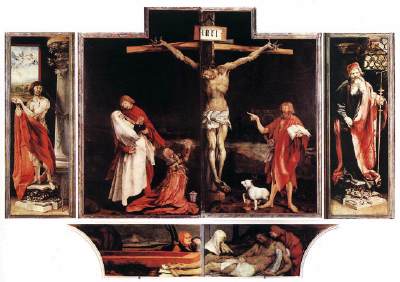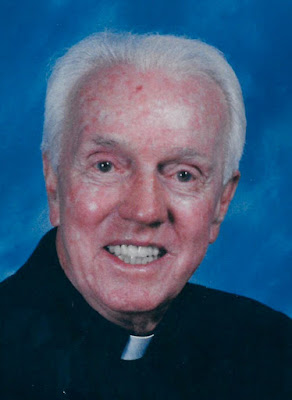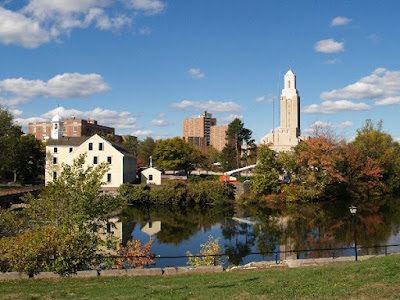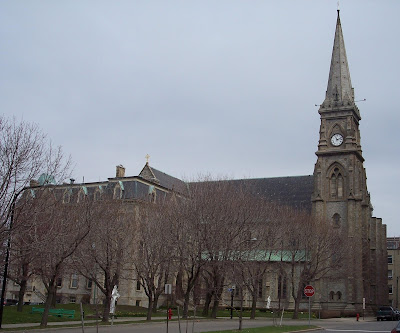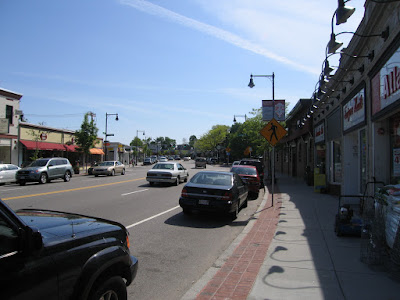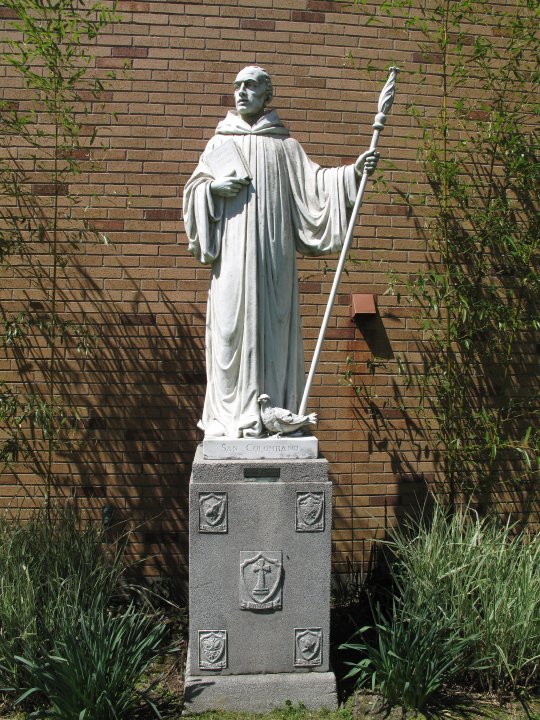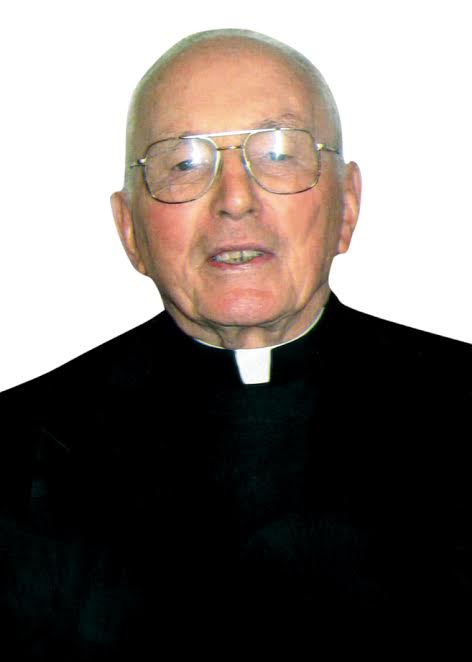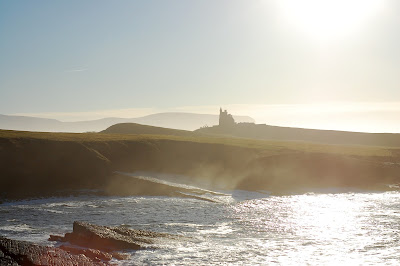
‘But I say to you, Love your enemies . . .’ Sunday Reflections, 7th Sunday in Ordinary Time, Year A
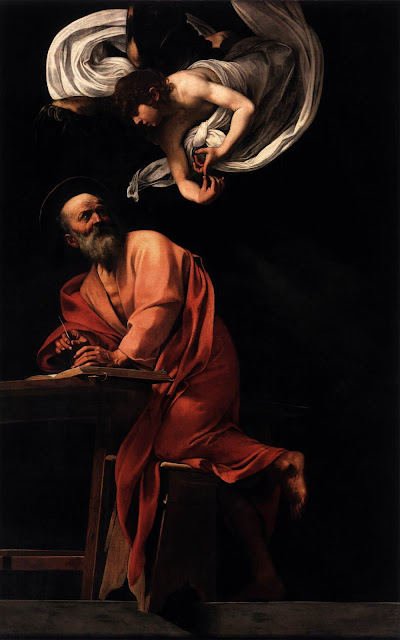
The Inspiration of St Matthew, Caravaggio [Web Gallery of Art]
Readings (New American Bible: Philippines, USA)
Readings (Jerusalem Bible: Australia, England & Wales, India [optional], Ireland, New Zealand, Pakistan, Scotland, South Africa)
Gospel Matthew 5: 38-48 (New Revised Standard Version, Catholic Edition, Canada)
Jesus said to his disciples:
“You have heard that it was said, ‘An eye for an eye and a tooth for a tooth.’ But I say to you, Do not resist an evildoer. But if anyone strikes you on the right cheek, turn the other also; and if anyone wants to sue you and take your coat, give your cloak as well; and if anyone forces you to go one mile, go also the second mile. Give to everyone who begs from you, and do not refuse anyone who wants to borrow from you.
“You have heard that it was said, ‘You shall love your neighbor and hate your enemy.’ But I say to you, Love your enemies and pray for those who persecute you, so that you may be children of your Father in heaven; for he makes his sun rise on the evil and on the good, and sends rain on the righteous and on the unrighteous. For if you love those who love you, what reward do you have? Do not even the tax collectors do the same? And if you greet only your brothers and sisters, what more are you doing than others? Do not even the Gentiles do the same? Be perfect, therefore, as your heavenly Father is perfect.
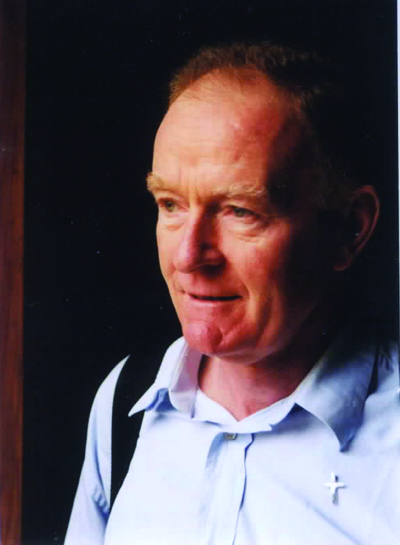
Columban Fr Rufus Halley (1944 – 28 August 2001)
Father Rufus Halley was one year behind me in the Columban seminary in Ireland. We were close friends. He came to the Philippines in 1969, two years before I did. He spent his early years in the country in Tagalog-speaking parishes in an area of the Archdiocese of Manila south of the metropolitan area, now the Diocese of Antipolo. He was fluent in the language. He began to feel a clear call from God to leave the security of working in an area overwhelmingly Christian and mostly Catholic to a part of Mindanao where Columbans had worked for many years that is overwhelmingly Muslim, the Prelature of Marawi. There he became fluent in two more Filipino languages, Meranao, spoken by the majority of Muslims in the area, and Cebuano, spoken by most of the Christians.
Both Muslims and Christians saw Father Rufus as a man of prayer, a man of peace, a man of God. Over the years he earned the trust of some Muslim leaders despite the long history of distrust between Muslims and Christians that sometimes led to outright conflict. Because of the trust he had built up he got an extraordinary request: to mediate in a feud between two groups of Meranaos. He was a foreigner, a Christian and a Catholic priest.
Father Rufus saw this as another call from God and agreed. He also sought the advice of a Muslim elder who wasn’t involved in the conflict. Over a period of many weeks he was going back and forth between the leaders of the two factions until eventually they agreed to meed. The morning of the meeting was filled with tension but when the leaders arrived they agreed to end the feud.
A week or so later Father Rufus dropped into the house of one of the leaders of the conflict and, to his delight, saw a leader of the other faction having coffee with him, the two men engaged in a lively, friendly conversation into which they invited the Irish priest.
Father Rufus used to speak about this event as the highlight of the twenty years he spent living among Muslims, a period when tension was seldom absent from his life and where there was often danger. Though a person who had a naturally optimistic disposition – five minutes in his company would get rid of any ‘blues’ you might feel – that didn’t keep him going. His Christian hope and faith did.

Father Rufus with young friends
On the afternoon of 29 August 2001 while returning on his motorcycle from an inter-faith meeting in Balabagan, Lanao del Sur, to Malabang, maybe five or six kilometres away and where he was assigned, Father Rufus was ambushed by a group of men who happened to be Muslims and shot dead.
Both Christians and Muslims were devastated by his death.
Father Rufus came from a privileged background and could have entered any profession. But he chose to answer God’s call to be a missionary priest. Our Columban superiors sent him to the Philippines.
He later chose, in answer to God’s call and with the blessing of our superiors, to go to a very difficult mission. That choice led to twenty years of joyful service there to Catholics and Muslims, and to his death.
Father Rufus wasn’t the enemy of anyone. Because of that and because they saw him as a man of God, two groups of Muslims who were enemies accepted him as a mediator. He wasn’t a man to greet only your brothers and sisters but one who crossed barriers and who brought people together out of a desire to do God’s will.

St Thérèse of Lisieux aged 15 [Wikipedia]
The closing words of Jesus in today’s gospel are Be perfect, therefore, as your heavenly Father is perfect. For years my understanding of becoming perfect in this sense was of a blueprint like that of an architect. If you found this blueprint and built according to its specifications then you’d have a perfect product.
But a building is inanimate.
However, I found a very different image of perfection in Story of a Soul, the autobiography of St Thérèse of Lisieux: Perfection consists simply in doing his will, and being just what he wants us to be. This is an image of a living being, of a unique being. God’s will gradually unfolded in the life of Father Rufus, as a flower unfolds, the growth being silent and hardly noticeable most of the time.
I see in the stages of the life of Father Rufus, whose baptismal name was Michael, a testimony of the truth of the words of St Thérèse and a model of how we can follow the words of Jesus. Through his daily prayer, his daily faithfulness, his responding to God’s will at crucial moments in his life, he became what God willed him to be: a Catholic priest who as he laid in death on the side of a road in a remote area of the southern Philippines, became an even stronger bridge between Christians and Muslims, a man who in life and death showed the true face of Jesus Christ, God who became Man out of love for all of us.
Be perfect, therefore, as your heavenly Father is perfect.

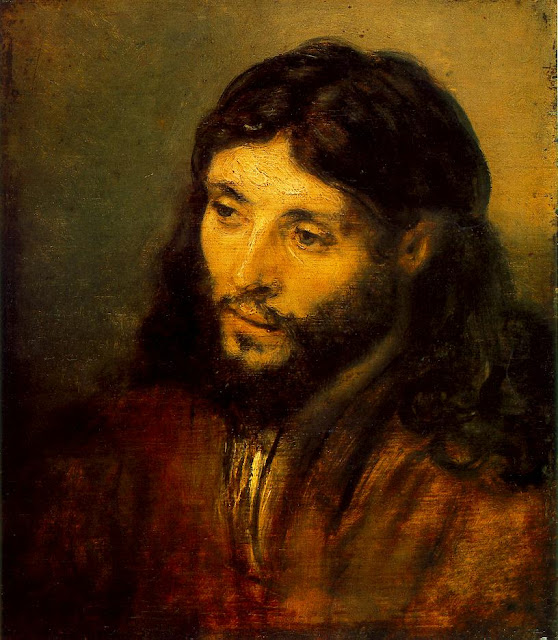
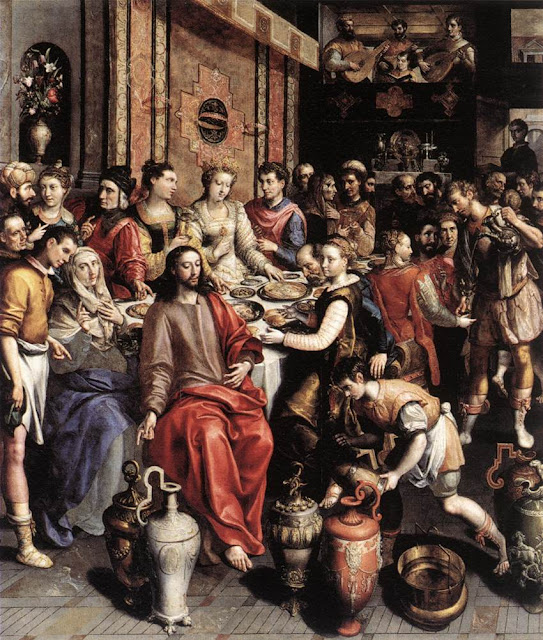
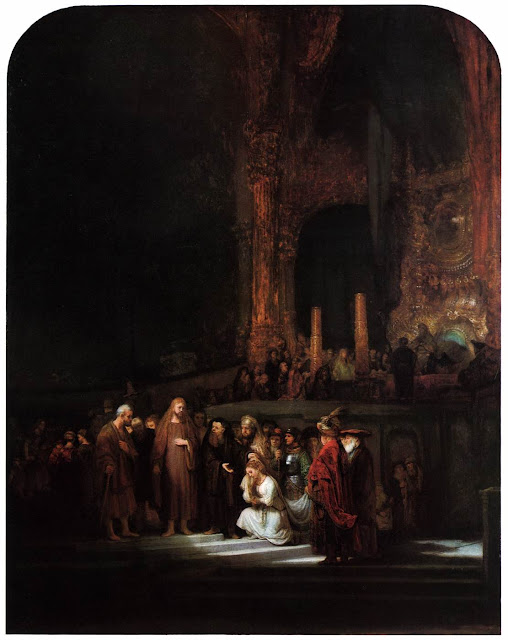

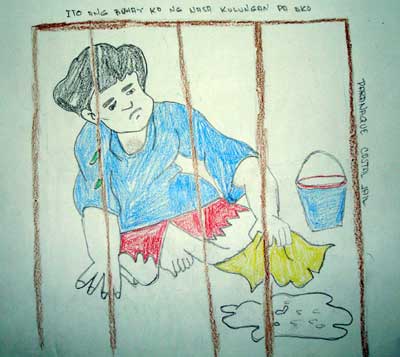
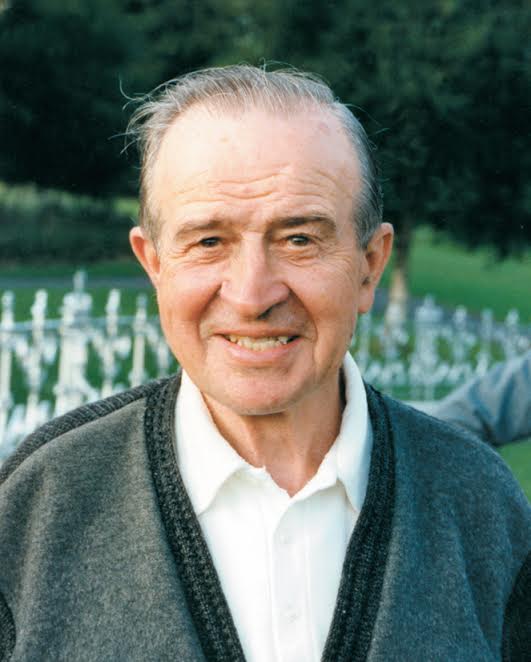

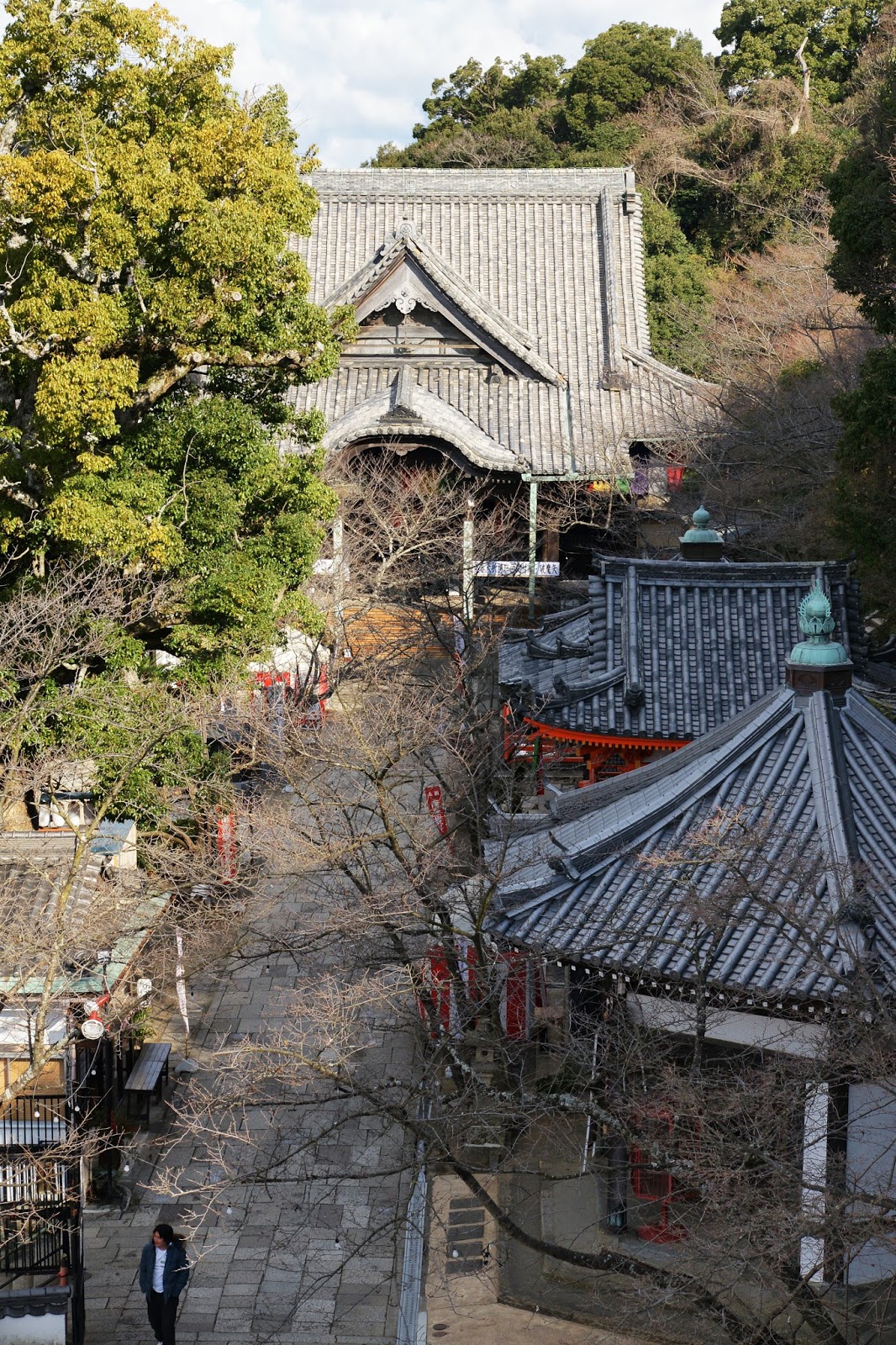
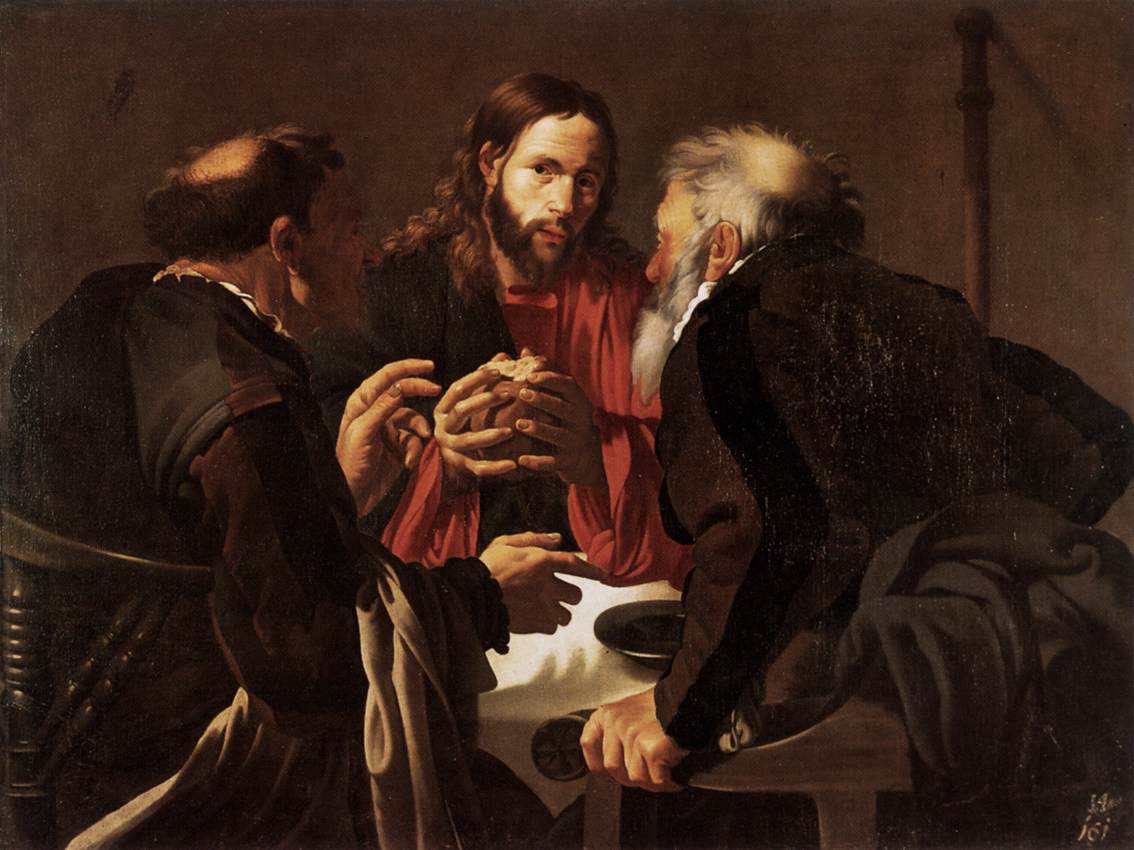


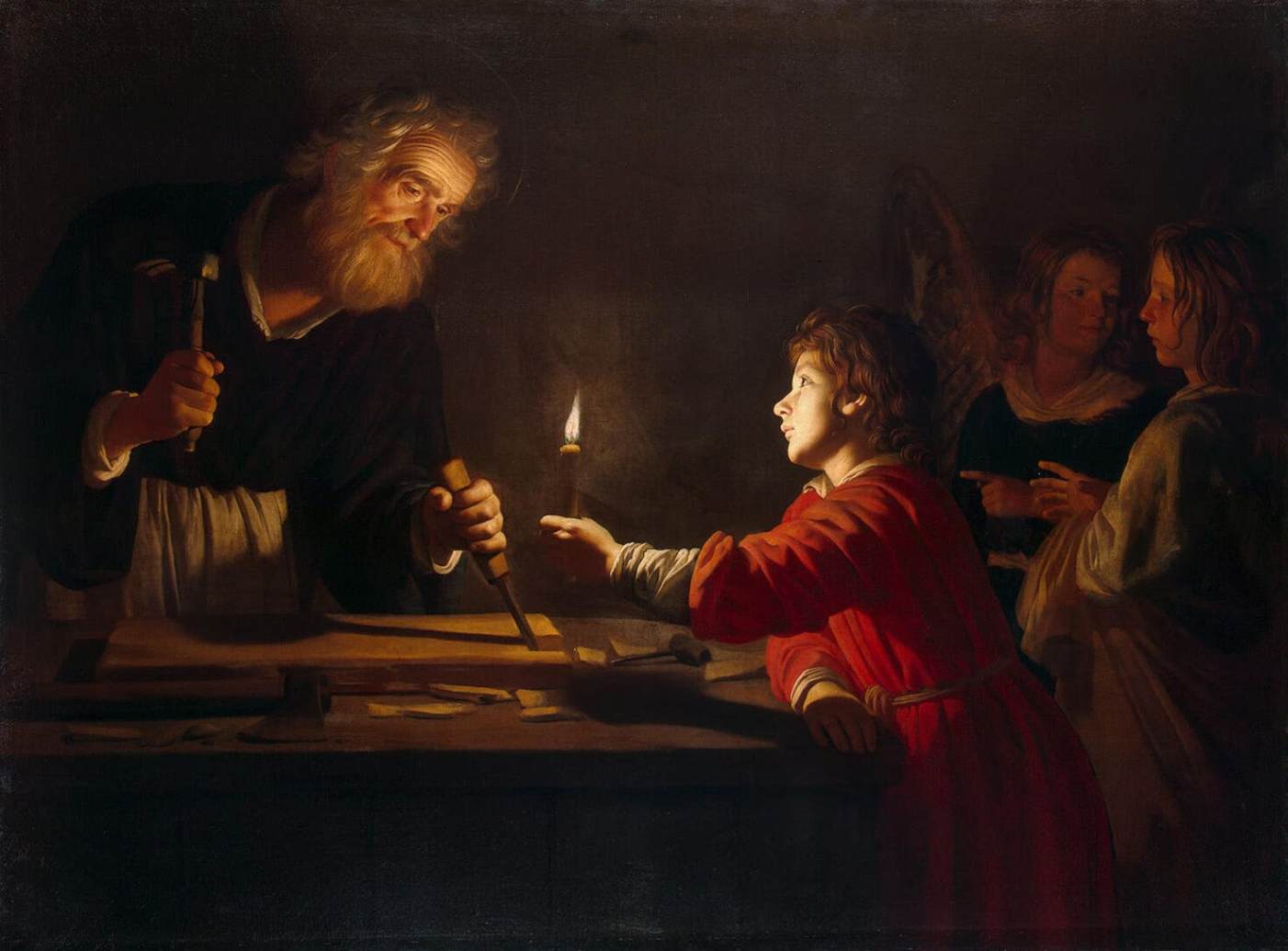

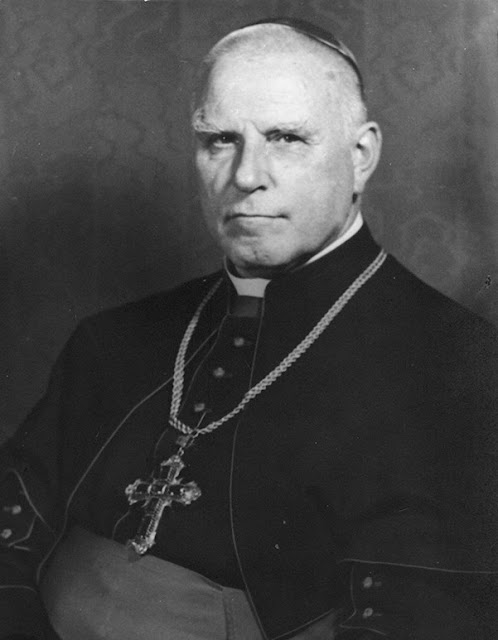

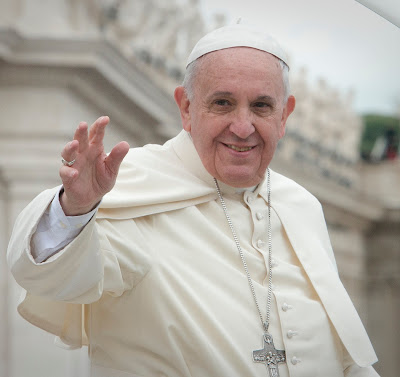
.JPG/EJmn1tkEGGIgAigC/vwB62BKRXF4YU5179PJRpPlkI_Czv3K2hwgsoxUu41U?dl=0&size=1280x960&size_mode=3)

